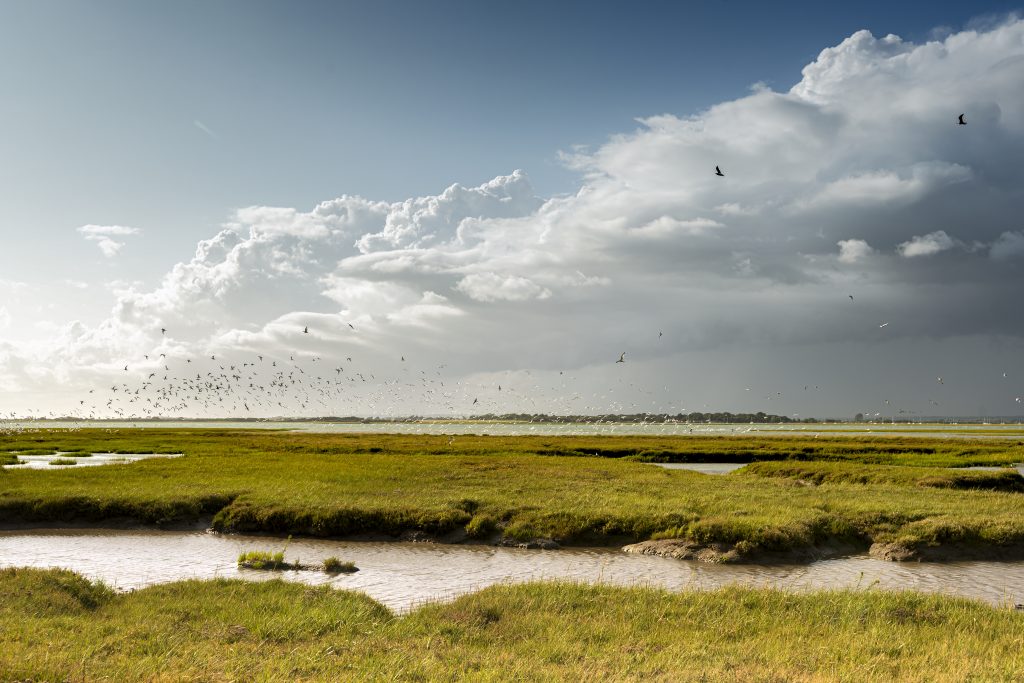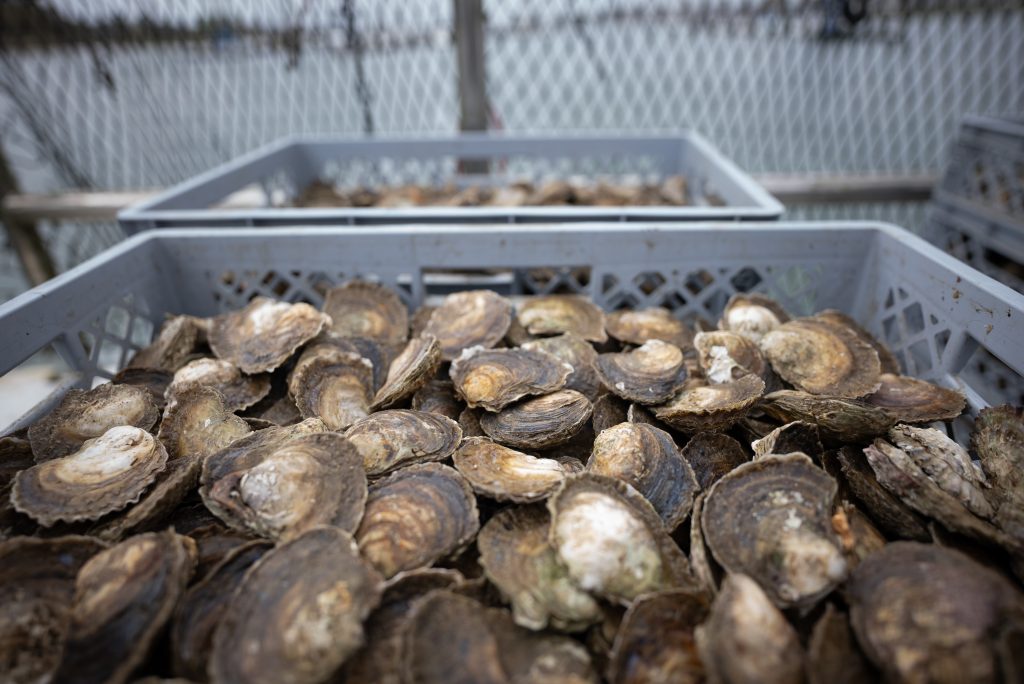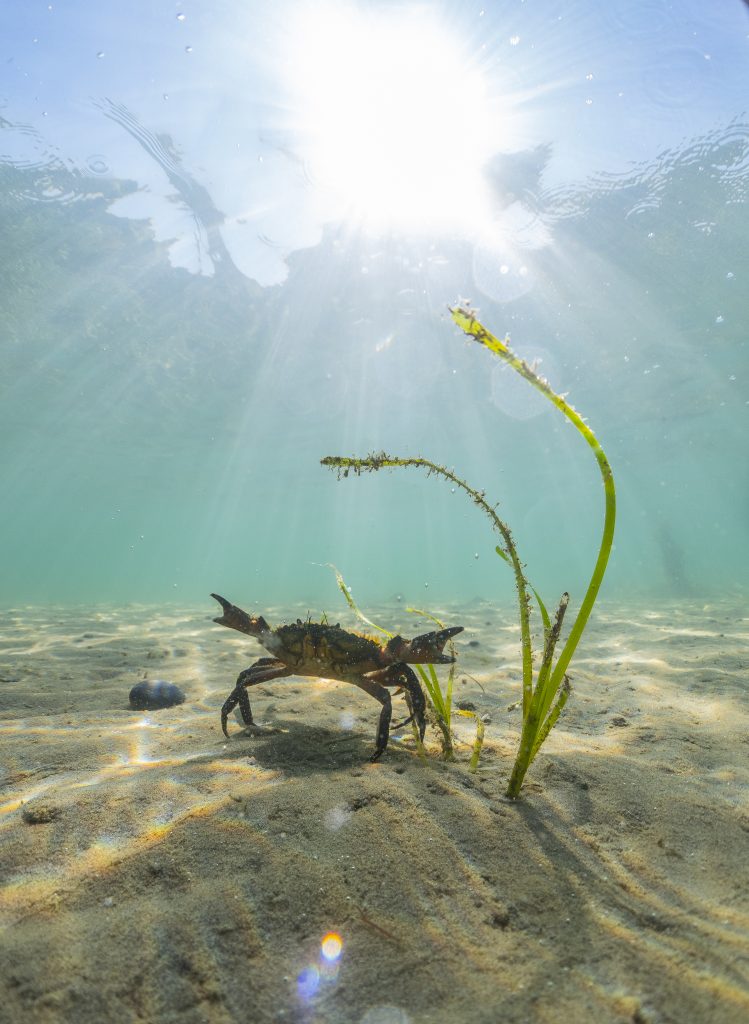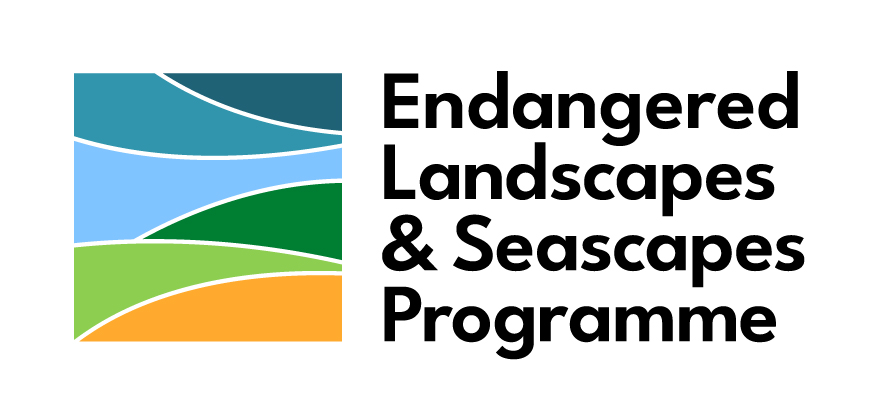A new report released yesterday has brought together data for the first time to reveal that many of the internationally important habitats within the Solent, as well as key animal species, have suffered dramatic declines, leaving them struggling and meaning they could be lost entirely in the future.
Vital habitats could vanish
Highlighting saltmarsh, mudflats, seagrass beds and oyster beds as a particular focus, the Solent State of Nature Report reveals that, of these, three could vanish from the Solent within the next 100-200 years without intervention, with one – oyster beds – having already been lost. Alongside this, the report found that many bird and fish species are also in significant decline.
The Solent is of international importance for its wildlife and habitats which provide homes for overwintering marine and coastal birds as well as seabird breeding colonies, whilst the harbours and estuaries are of particular importance to juvenile fish, rays and sharks. Over 11,500 pairs of seabirds bred in the Solent region in 2023 and the area is internationally important for populations of Dark-bellied Brent Geese. Key habitats also help in the fight against climate change, aid coastal protection and improve water quality.

Despite being covered by many environmental designations designed to protect it, the Solent faces increasing pressure from human activity including pollution and climate change, which is leading to the irrevocable loss of these vital habitats, the report found.
Solent Project Manager for Blue Marine Foundation, Louise MacCallum, said, “As someone who has lived on the shores of the Solent for more than a decade, it is hugely sad to see all of the evidence of nature’s decline here in a single report. You read about nature being in trouble on the global stage, but having stark evidence for that trend happening right here on my doorstep is distressing”.
Rapidly disappearing wildlife
Alarmingly, the report brings to light how easily and rapidly these habitats can vanish; despite the Solent oyster fishery being one of the last remaining, and largest, native oyster fisheries in Europe until the early 2000s, since 2007 naturally occurring native oyster reefs have all been lost from the Solent, leaving only fragmented remnant populations of oysters.
Evidence in the report shows that other important habitats could follow suit, with saltmarsh declining rapidly to half its extent 80 years ago, and around 92% of seagrass meadows lost in the UK over the last century.
Not only are the habitats at risk, but so too are the large variety of animals which depend on the marine and coastal areas found here, such as 85% of all seabirds that breed in the Solent on saltmarsh islands. Already the numbers of non-breeding waders in the Solent have seen a decline of almost 60% over the last 30 years, while across the UK, since the late 1990s, breeding seabird numbers have reduced by 28%, on average.

Restoration to save nature
But there is hope. The active restoration recommended by the report to stop this decline is already taking place across the Solent including by the Solent Seascape Project who commissioned the Solent State of Nature Report. This is a first of its kind project in the UK that aims to protect and restore nature on a seascape level within the Solent area, and which is part of the internationally recognised UN Ocean Decade.
Already, the project has undertaken restoration work at a number of sites across the Solent, including the creation of oyster reefs, planting of seagrass, restoring saltmarsh and seabird islands, in order to initiate recovery of the marine and coastal environment and to start tipping the balance from a degraded state to a naturally expanding, connected and productive ecosystem.
How can you help?
Following the results of the Solent State of Nature Report, the Project is launching a series of workshops, alongside a survey, which aims to engage the Solent community, allowing them to collaborate together to help save this important strait of water, its habitats and wildlife.
Working with local people, community groups, industry representatives and politicians, the aim is to develop and co-create a Seascape Recovery Plan to support better management of existing Solent marine and coastal habitats.
“Solent nature is in trouble, but the Solent Seascape Project hopes to help kick start its recovery, reconnecting the seascape into a vibrant, ecologically connected marine landscape. It’s not too late for Solent nature, but it’s now or never”, added Louise.
If you’d like to help shape the future of nature in the Solent, you can take part in the survey:
Read the full report on the state of nature in the Solent here:




